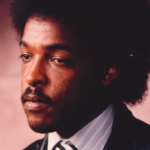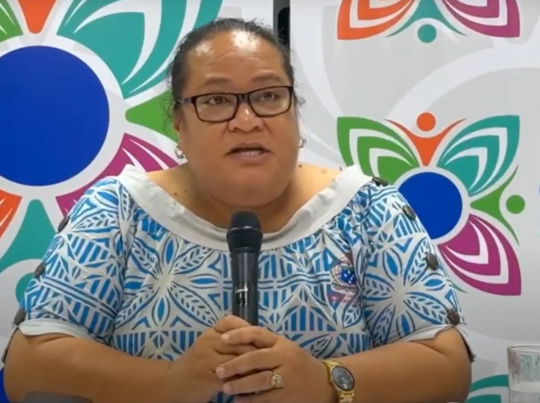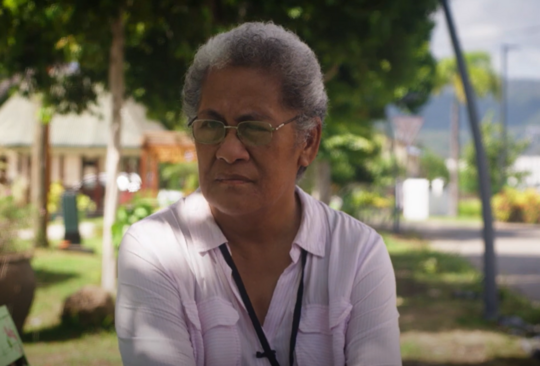
The case of Dawit Isaak: RSF international joins its Swedish section to file a complaint for crimes against humanity against Eritrea’s president Isaias Afwerki
September 19, 2024
Alterthess SLAPP Appeal Highlights Growing Threat to Press Freedom in Greece
September 19, 2024September 19, 2024 – Samoa –
As Samoa prepared to host the Commonwealth Heads of Government Meeting (CHOGM) in October 2024, the government introduced sweeping restrictions on media coverage that raised alarm among journalists and international bodies. Announced publicly on September 11, 2024, these measures severely limit media access and threaten transparency during a major regional event.
At a press briefing, Lefaoalii Unutoa Auelua‑Fonoti, co-chair of the CHOGM media subcommittee, confirmed that only state-backed outlets—Radio 2AP and TV9—working in collaboration with New Zealand firm MMG Communications, would have the exclusive right to film and broadcast CHOGM sessions. Independent and foreign media would be limited to pooled audio and video content, effectively marginalizing external voices.
Further leaked guidelines endorsed by Samoa’s Cabinet imposed severe operational curbs: journalists would be barred from photographing or filming in most areas; they couldn’t cover side events unless part of a pre-selected pool; and they were prohibited from approaching delegates for interviews. These restrictions triggered strong backlash from the Samoa Observer and local journalists, branding the controls “a farce” and a “slap across the face of media freedom,” warning of dangerous precedents.
The International Federation of Journalists (IFJ) and its Samoan affiliate, Journalists Association of Western Samoa (JAWS), condemned the policy, urging the government to permit open coverage and support local independent media during the summit.
Samoa’s heightened media restrictions sharply contrast with democratic norms, especially during such high-profile international gatherings. Appeals have been made for transparency, allowing full coverage of key sessions like the opening ceremony, which remains limited to a tightly controlled media pool. Local journalists stress that such limitations stifle scrutiny and undermine Samoa’s international standing.
Although in early October, Prime Minister Fiame Naomi Mataʻafa claimed there would be no media restrictions, comprehensive regulations remain unclear. Meanwhile, journalists have warned that these restrictions may pave the way for even broader suppression of media during domestic political turmoil, such as the state of emergency declared in March 2025 amidst a national power crisis.
The CHOGM media restrictions illustrate a worrying trend in Samoa: the use of press control under the guise of event security. Press freedom advocates underscore the importance of open media access, essential for accountability, transparency, and the preservation of democratic principles.
Reference –


